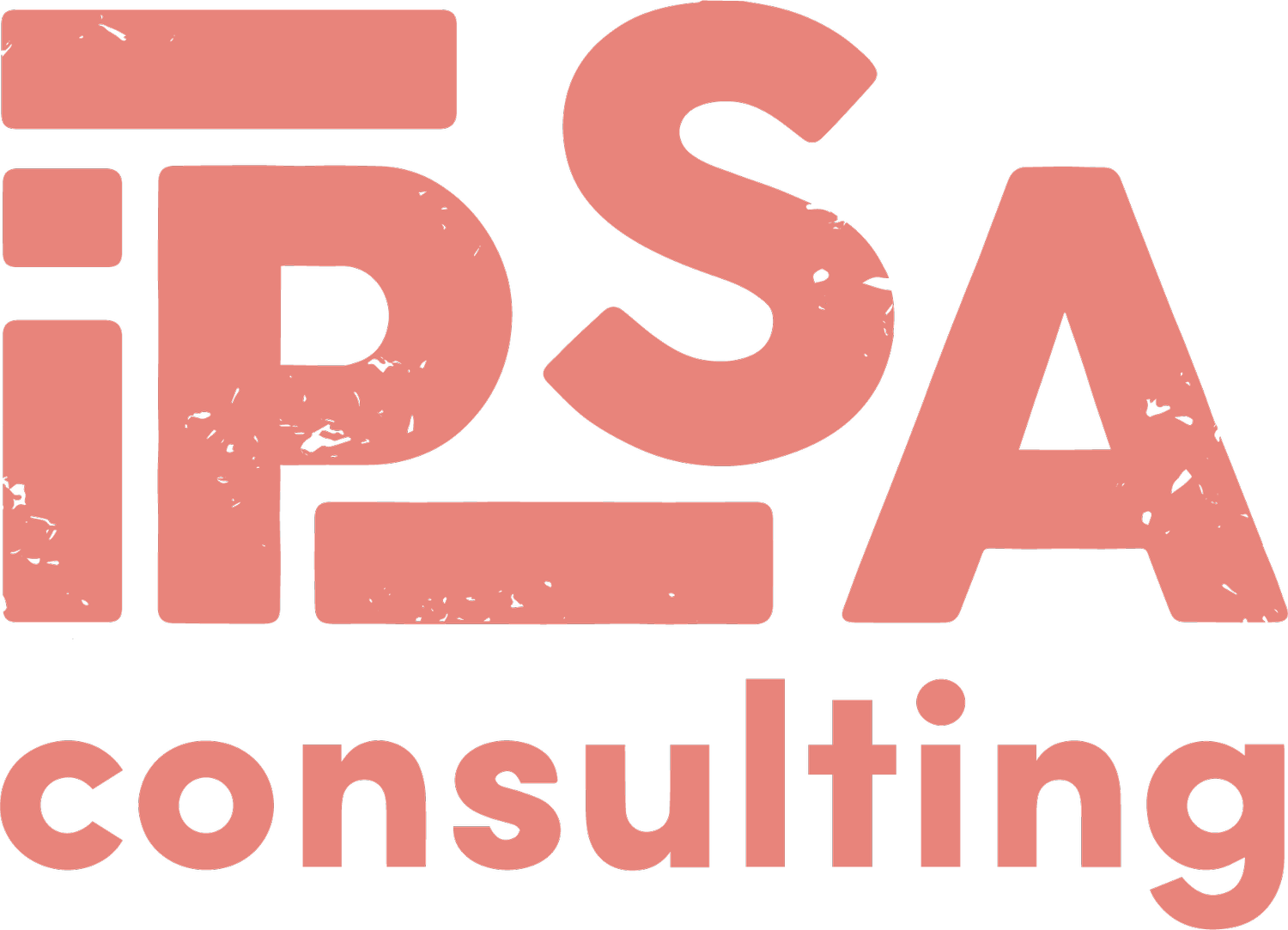2024 Guide to Ethical Marketing: Building your brand with integrity
Here at Ipsa we describe ourselves as an ethical marketing consultancy, or as ethical marketers. What does that actually mean? In this blog we’ll take a deep-dive into the various facets of ethical marketing but in short: it means you ‘do no harm’.
Don’t you just hate it when you see businesses with tonnes and tonnes of ‘followers’ and ‘likes’ and wonder where you’re going wrong? Like much of social media, the rose-tinted window through which many of us see, often isn’t the reality.
The ‘follow for follow’ or ‘like for like’ movement has become a bit of a problem though, because no matter how many you’ve got, if they’re not the right ones for your business, or those who are likely to interact, what’s the point of having them really? And don’t even get me started on paying for likes or follows…
And the bigger ETHICAL problem with the ability to buy your followers, is that you’re not really being honest with the rest of the world about how successful your business is.
The way that businesses can be unethical in their marketing, is how they try to draw you in with these false claims and statistics, scare you into believing you ‘must have!’ this product, or rushing you into a ‘sale now on!’ you aren’t really sure you even need.
Let’s shed some light on it by explaining what’s NOT ethical about some marketing tactics
Countdown timers, psychological manipulation and excessive social media advertising are just some tactics that more aggressive marketers employ to force your hand at making a purchase. Sure, it might work. But it’s dirty, relentless, annoying and damn right unethical.
“Sale finishes in three seconds!!”. Gross.
There is, however, a growing movement that offers an alternative to ensure you are marketing within the boundaries of conventional ethics. Like us.
What does one mean by ‘ethical marketing’?
Well, lets look at the definition of ‘ethics’. According to the Cambridge Dictionary, ethics means 'a system of accepted beliefs that control behaviour, especially such a system based on morals’.
So, by definition, ‘ethical marketing’ is the practice of marketing your business, products or services in harmony with your company’s ethics and values. Here at Ipsa, we subscribe to The Ethical Move, set up by a community of marketing professionals who agree to sell according to a set of ethical principles.
What are the main principles of ethical marketing?
I always say, “rule number one in ethical marketing is don’t be a d*ck”… But if I had to break it down into a set of principles it would be these:
Be transparent: This means being clear and upfront about your intentions, pricing, and any features or limitations of your offering. Avoid misleading your audience or deceptive tactics like countdown timers that cause unnecessary pressure to make a rushed purchase decision.
Be honest: Tell the truth about your products or services and don't exaggerate or make false claims - don’t make claims you cannot evidence or back up. Avoid using manipulative tactics, creating problems or exploiting vulnerabilities.
Respect your audience: Your audience are people. Fallible human beings like you and I who value their human rights, psychological safety and privacy. Ethical marketers will collect and use data responsibly and with explicit consent. They’ll also avoid discriminatory or harmful messaging.
Social responsibility: Consider the broader impact of your ethical marketing efforts on society and the environment - often, sustainability principles will be at the core of an ethical brand. They’ll probably support sustainable employment practices and promote positive social values like giving back to their local community.
Be equitable: You should avoid using unfair competition or predatory tactics. Ethical marketers will strive to create a level playing field and treat all stakeholders with respect. This might mean not taking on unpaid interns to ensure that people from working-class or disadvantaged backgrounds (who might not be able to afford an unpaid internship) have access to equal opportunities.
Be inclusive: Inclusivity is an organisational culture, more than marketing explicitly. However, as the marketing function usually has overall responsibility for the brand (which is inextricably intertwined with culture) and so inclusivity is a really important value that marketers need to use across the mix. For example, accessibility in social media posts, or showing just one type of person in your advertisements.
What is a good example of ethical marketing?
Some excellent examples of ethical marketing include:
Lush - A few years ago the brand cut their advertising budget to £0. A bold move!
Lucy & Yak - This brand excels at putting their customer first. Truly accessible products for ‘every body’ type and showing this in their advertising with a huge variety of real people as their models.
Lego - A leader in accessibility across the board. From products that allow people to learn braille, to ethical marketing that puts children’s rights first.
What are the benefits of ethical marketing?
If you were to adhere to all of the examples and suggestions in this blog, you’d be be a pretty damn fine ethical marketer. Morally speaking, being ethical is more virtuous ~ better. Practically speaking, Google search engine and social media platforms have changed their algorithms to better promote ethical digital assets which means you’ll be rewarded for your improvements over time.
How can digital marketing become more ethical?
In addition to the many examples and suggestions above, there are other ways that brands can enhance their digital marketing presence by improving their ethics. For example, every time you open your laptop or search social media you’re expending carbon emissions. Digital marketers have a moral duty to make their digital marketing assets as low carbon as possible - so reducing image sizes to speed up load times and removing unnecessary images and pages - using a website carbon calculator can help.
If you want to learn how to be a more ethical marketer, we offer a Virtual Marketing Director service that plugs in to your existing team and provides strategic direction and ethical oversight. You can email us for more information.


